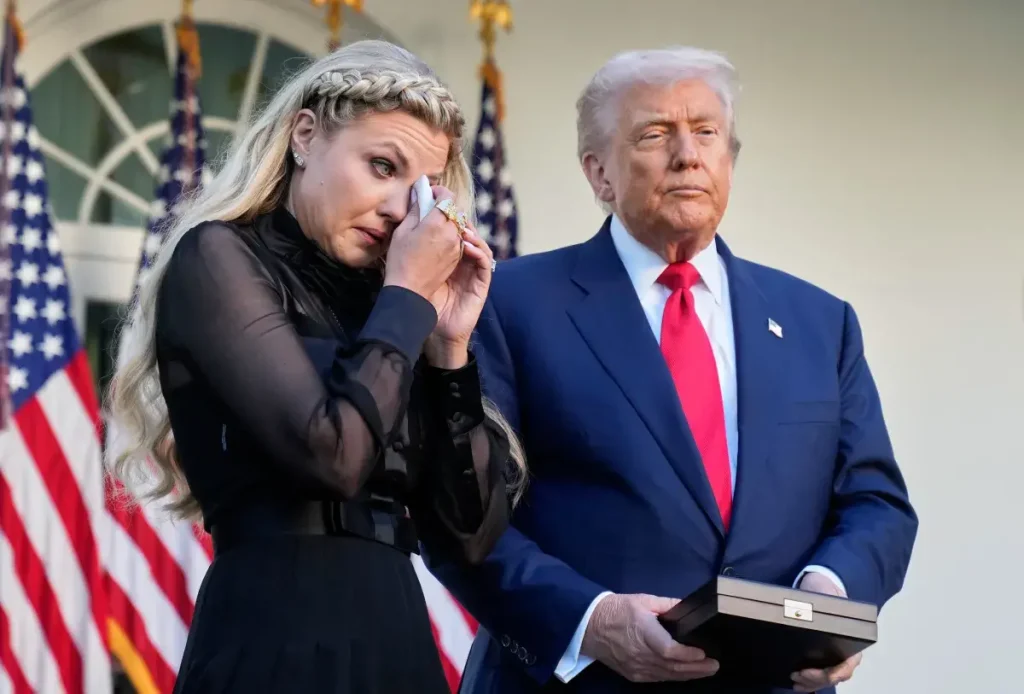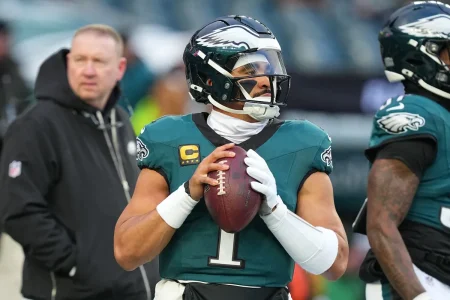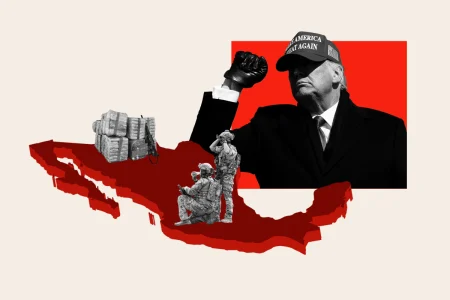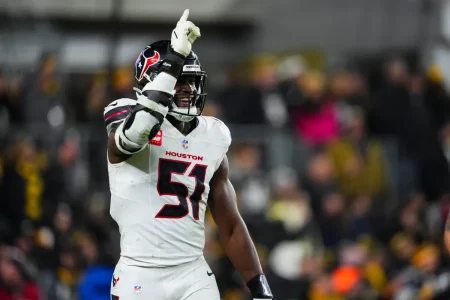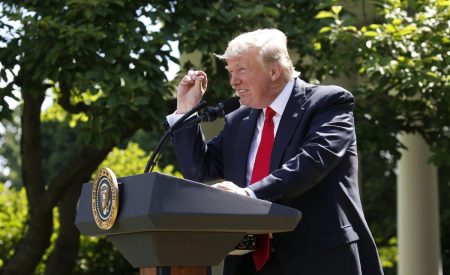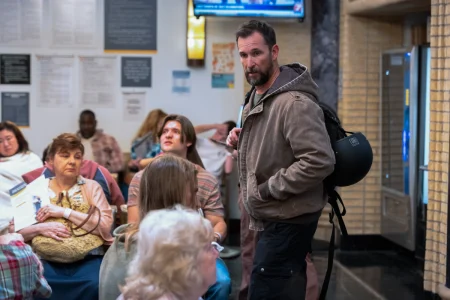Vice President Vance Set to Appear at First Turning Point USA Event Since Founder’s Tragic Death
Vice President JD Vance will make a significant appearance tonight at the University of Mississippi, marking the first event in Turning Point USA’s “This Is the Turning Point” campus tour since the shocking death of its founder, Charlie Kirk. The event carries particular emotional weight as Kirk’s widow, Erika, will introduce Vance before a student Q&A session designed to honor her husband’s distinctive approach to engaging with young conservatives. This Ole Miss gathering represents more than just a political event—it symbolizes a movement in mourning attempting to carry forward its mission while honoring its fallen leader. For many attendees, the evening will blend political discourse with collective remembrance as the organization navigates its path forward without its charismatic founder.
Turning Point USA emerged in 2012 as the brainchild of Charlie Kirk and Bill Montgomery, who created the conservative nonprofit with the stated mission of identifying, educating, and mobilizing students around principles of free markets, limited government, and individual liberty. In the decade since its founding, the organization has evolved from a modest startup into a formidable presence in conservative youth politics, establishing chapters across American campuses, developing a robust media network, and hosting influential national events. The organization occupies a contentious space in American political discourse—supporters champion it as a necessary counterbalance to what they perceive as liberal dominance in higher education, while critics contend that its provocative tactics and messaging have contributed to deepening political divisions. Following Kirk’s tragic death, the organization faces the challenge of maintaining its influential position while navigating a leadership transition during a politically charged period in American history.
The current “This Is the Turning Point Tour” represents the organization’s first major initiative following Kirk’s death, with scheduled stops at multiple campuses across the country this fall. After tonight’s inaugural event at Ole Miss featuring Vice President Vance, the tour will continue to Auburn University on November 5, followed by what promises to be a particularly noteworthy appearance at the University of California, Berkeley on November 10—a campus with historical significance in free speech debates. The selection of these venues reflects Turning Point’s strategy of bringing conservative voices to diverse campus environments, including institutions known for their progressive leanings. Organization officials have indicated that additional stops may be announced as the tour progresses, suggesting an evolving response to both student interest and the logistical challenges of coordinating high-profile speakers during the fall semester. Each event is designed to advance the organization’s core mission while simultaneously serving as a tribute to Kirk’s legacy of campus engagement.
The tour features an impressive roster of conservative speakers that spans media, politics, entertainment, and business—reflecting the organization’s broad connections within the conservative movement. Political heavyweights include Vice President Vance, Virginia Governor Glenn Youngkin, and Montana Governor Greg Gianforte, alongside former presidential candidate and biotech entrepreneur Vivek Ramaswamy. From the media landscape, the tour will feature prominent personalities like Tucker Carlson and Megyn Kelly, while entertainment figures such as Russell Brand and Rob Schneider bring their perspectives to campus audiences. The diverse lineup also includes Christian author Frank Turek, commentator Allie Beth Stuckey, and other recognized conservative voices like Michael Knowles and Glenn Beck. This carefully curated group of speakers demonstrates Turning Point’s continued ability to attract influential figures from across the conservative spectrum despite the loss of its founder. The organization has emphasized that these events will incorporate Kirk’s signature “Prove Me Wrong” debate format, encouraging direct engagement between speakers and students in a way that honors his confrontational yet intellectually stimulating approach.
The tragic circumstances surrounding Charlie Kirk’s death have cast a shadow over the organization and added a dimension of solemnity to the current tour. Kirk was fatally shot on September 10, 2025, while addressing an audience at Utah Valley University in Orem, Utah, during his “American Comeback Tour.” The shocking act of violence occurred as Kirk spoke from the podium, with witnesses reporting that he was struck in the upper body before collapsing. The assassination sent shockwaves through the political landscape, prompting condemnations from leaders across the ideological spectrum and igniting renewed concerns about political violence in America. The investigation into the shooting continues, with authorities working to determine motives and whether the attack was politically motivated. For many conservatives, Kirk’s death has become a rallying point around issues of political intimidation and free speech, while the broader political community has struggled to process this escalation of violence against public figures.
Kirk’s personal journey adds another layer of complexity to his legacy and the organization he built. Despite founding one of the most influential conservative youth organizations in the country, Kirk himself followed an unconventional educational path. After briefly attending Harper College in his home state of Illinois, he declined admission to Baylor University to devote himself fully to building Turning Point USA at just 18 years old. Though he later pursued some online coursework at King’s College in New York, Kirk never completed a traditional degree program. This non-traditional background became part of his appeal to many young conservatives, as he positioned himself as someone who rejected what he characterized as the indoctrination of mainstream higher education while still engaging deeply with campus culture and academic debates. Kirk’s ability to build such a substantial organization without the credential of a college degree became part of his personal mythology within conservative circles—a testament to entrepreneurial spirit and conviction over conventional credentials. As the organization moves forward without its founder, Kirk’s complex relationship with higher education continues to influence Turning Point USA’s approach to campus activism and its challenge to traditional academic institutions.





